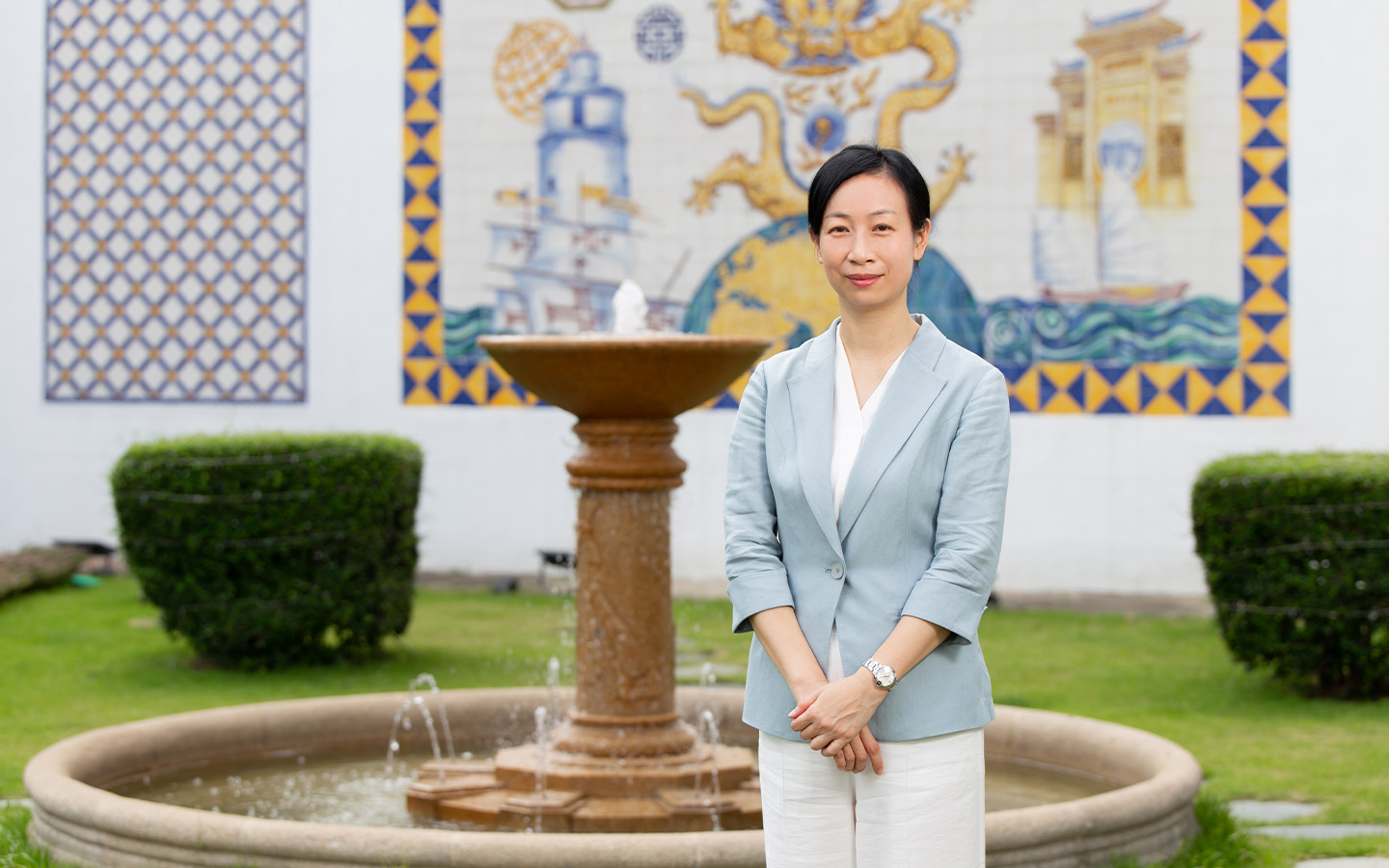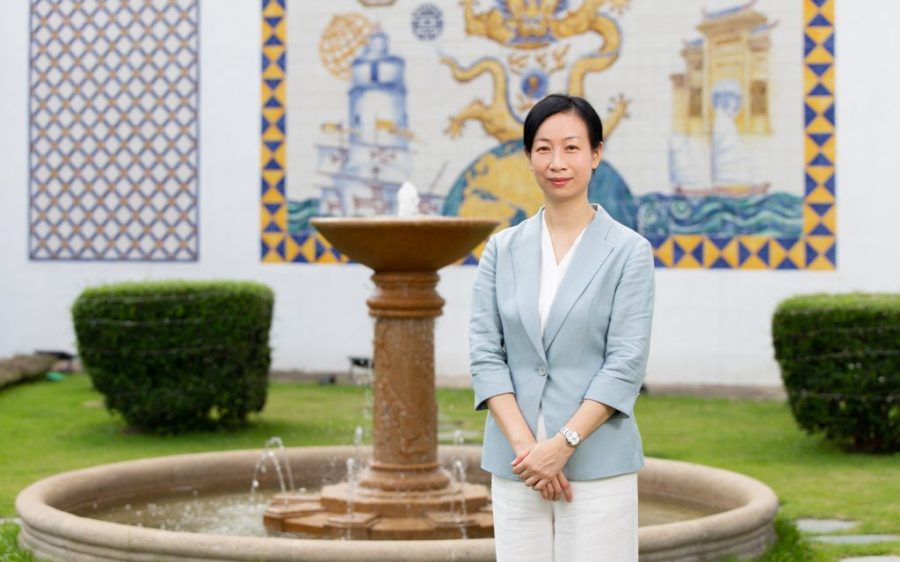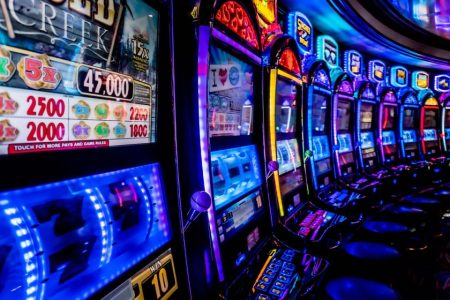What’s in a name? More than you might imagine for the Macao University of Tourism (which is known by its Portuguese initials UTM).
Formerly known as the Macao Institute for Tourism Studies, UTM officially rebranded on 1 April this year. The name change might seem subtle, but local leaders believe it better reflects the quality of the programmes at UTM – a school that, in fewer than 30 years, is within the 15 best places in the world to study hospitality and leisure management.
To get a clearer picture of what the rebrand means for the school, Macao News spoke with Fanny Vong, UTM’s rector, to discuss its growth, strengths and globe-spanning aspirations.
What was the journey like growing from an institute to a university?
It was short, because we’re only celebrating our 30th anniversary next year. In education, that isn’t a long time. But we’ve overcome a lot of obstacles. We’ve been part of many significant milestones.
The first was in 1995, when the school was formally established. That was a recognition by the government that tourism was going to be an important industry for Macao and we needed to nurture high-quality talent to contribute to it.
[See more: IFTM is in ‘full force’ preparation mode for the 47th WorldSkills Competition]
Then, when the government liberalised the gaming industry [in 2001], it brought a lot of foreign investment into Macao and spurred a huge demand for manpower and human resources. Employers weren’t just looking for hands, but rather brains, people who could conceptualise and manage projects and properties. So UTM kept growing. We launched new programmes, we expanded in size.
Then came 2017. When Macao’s higher education law was passed [allowing tertiary institutions to launch new courses of study], we could offer postgraduate programmes for the first time. That lifted our profile. We no longer just provided bachelor’s degrees, but also master’s and doctoral programmes to satisfy long-term needs for high-calibre professionals.
How has the official change to university affected your standing and the programmes you can offer?
We can be more ambitious and offer even more postgraduate programmes to meet the huge need [for high-quality talent] not only in local markets, but also in the [Chinese] mainland. It also helps us gain a better foothold in international markets.
How many students are graduating every year? How big is UTM?
We are not a very big university, but we have an exceptional team. We have around 330 staff, including about 110 faculty members. Our degree-seeking student body is currently around 1,800. For non-degree, continuing education programmes, we have around 15,000 participants each year.
[See more: IFTM is launching a Doctor of Business Administration programme]
Currently, we graduate around 400 students a year. But that number is growing because we have expanded our intake. Last year, around 600 students enrolled at UTM. That was record-breaking. This year, we anticipate an increase of over 30 percent as we continue expanding our offerings – we’ll be launching several new programmes soon.
Do Macao’s plans to diversify the economy affect the way you teach?
We are following the “1+4” strategy – the government’s economic diversification strategy – very closely. UTM has always been good at offering programmes that satisfy the needs of the tourism sector. But we’re also aware that we need to follow the trends.
When we talk about tourism and hospitality, we’re not talking about jobs based on manual skills anymore. The world is changing. That is why we are modifying our programmes.
[See more: New post-grad programmes in events management coming soon]
Two years ago, we launched a master’s programme in smart hospitality and tourism technologies. Last year, we launched another master’s in digital marketing. We are trying to blend traditional and new – with a focus on technologies such as AI and big data – so that when our graduates enter the workforce, they will be more creative, knowledgeable and adaptive.
Could you highlight some of the partnerships you’ve established with other universities?
In recent years, we have established “3+1” dual bachelor’s programmes with a few hotel schools in Switzerland. Students finish the first three years at UTM. For the last year of their studies, they go to Switzerland, and then they get degrees from both institutions – one from us, one awarded by our Swiss partner. We have also established a “1+1” dual master’s programme with the University of Queensland in Australia, and another with the University of Surrey in the UK.
These are great ways of expanding our students’ horizons, to get them out of Asia so that they can understand how other parts of the world offer the best possible hospitality experience.
How have these programmes benefitted students?
I think the students come back with a sharper worldview. They also help graduates when they’re job-hunting. Employers will look at their CVs and be pleased to see that they already have this international exposure. In this industry, you’ll always be working in multicultural settings. The earlier you are exposed to workplace diversity, the better equipped you will be to succeed.
What else has changed now that you’re officially a university?
As a university, there is no escaping your three major responsibilities. Number one is teaching well. The second is research, pushing the frontier of knowledge. You may think, ‘How much new knowledge can you add to hospitality and tourism?’ But there is more crossover than ever between disciplines.
[See more: The Macao Institute for Tourism Studies is now among the world’s top 10 schools of its kind]
The third is community service. We encourage students to come up with projects that support the community, especially Macao’s culture and heritage. Our students have helped to gather information about history, legends, stories – things that might be forgotten otherwise.
What are the university’s future aspirations?
Our number one aim has always been to provide good quality education. We’ll never deviate from that. But we also want to diversify our programmes. Health and sports tourism can be the foundation for many industries. We must continue developing students who are multi-skilled, multitalented and versatile enough to jump over to other sectors and spur growth.
–– Additional reporting by Mariana César de Sá






